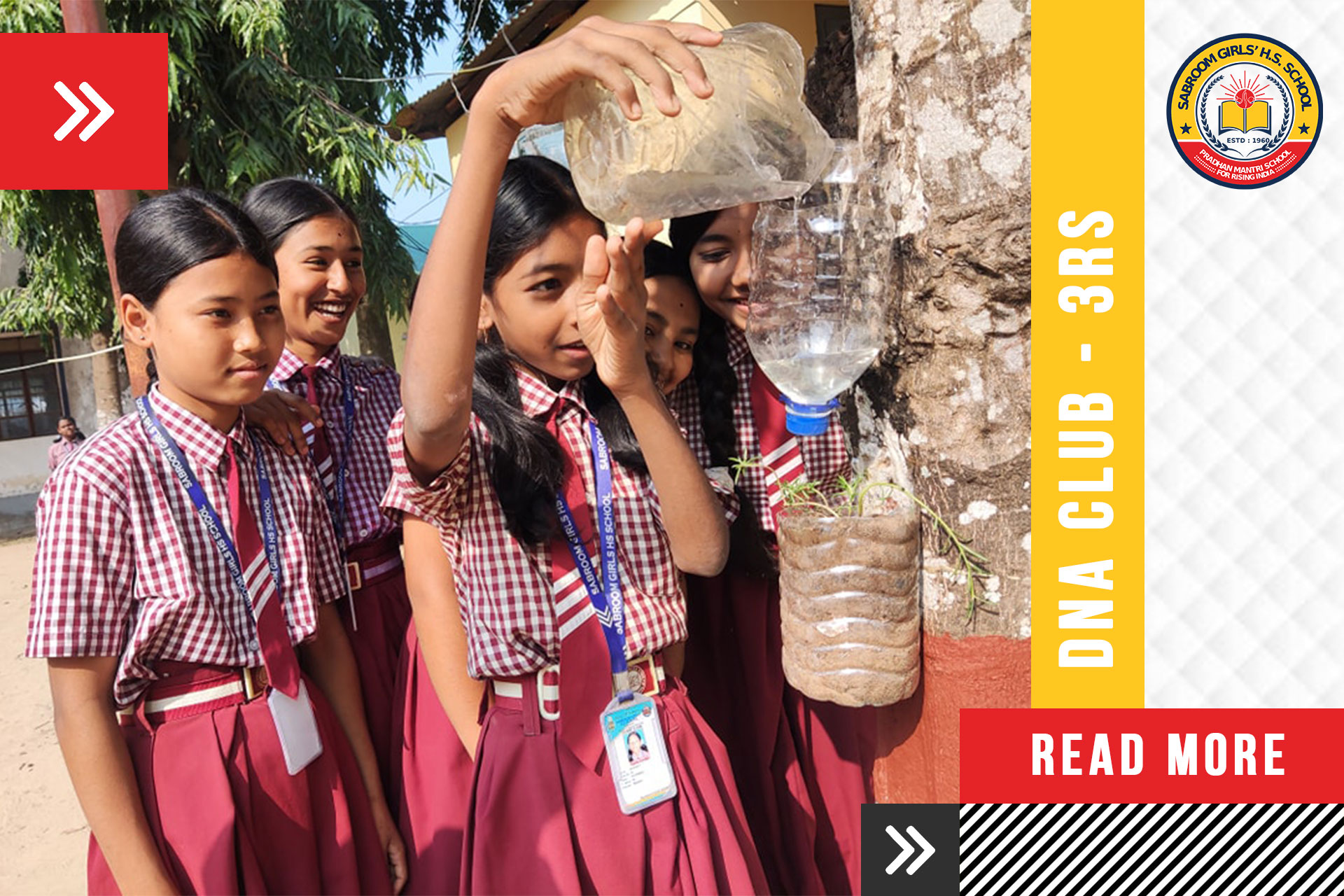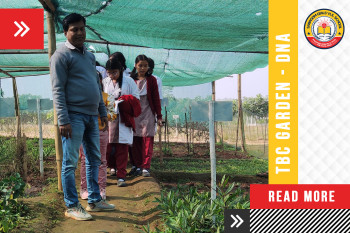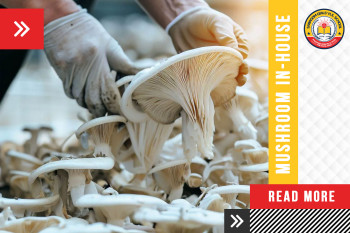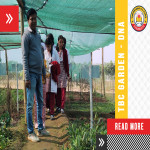In an era marked by environmental consciousness and sustainability efforts, educational institutions are taking proactive steps to engage students in eco-friendly initiatives. One such commendable effort is the DNA Club's innovative activity of reusing plastic items as plant pots. This initiative not only promotes environmental conservation but also fosters creativity and a sense of responsibility among students.
Redefining Waste:
The DNA Club's activity of repurposing plastic items as plant pots challenges the traditional notion of waste. Instead of discarding plastic containers and bottles, students are encouraged to see them as potential resources for cultivating greenery. This shift in perspective highlights the importance of recycling and upcycling in reducing environmental impact.
Educational Value:
The activity also serves as an educational tool, teaching students about the harmful effects of plastic pollution on the environment. Through hands-on experience, they learn about the importance of waste management, recycling practices, and sustainable living. This knowledge equips them with the awareness and skills needed to make environmentally conscious choices in their daily lives.
Promoting Green Spaces:
By using plastic items as plant pots, the DNA Club contributes to the creation of green spaces within the school environment. Students can plant a variety of seeds and saplings in these repurposed pots, fostering a connection with nature and promoting biodiversity. These green initiatives not only beautify the school campus but also contribute to a healthier and more sustainable ecosystem.
Creativity and Innovation:
The DNA Club's activity sparks creativity and innovation among students. They explore different ways to transform plastic items into functional and aesthetically pleasing plant pots, showcasing their artistic talents. This hands-on approach encourages experimentation and problem-solving skills, nurturing a culture of innovation within the school community.
Environmental Impact:
The impact of reusing plastic items as plant pots extends beyond the school gates. By reducing the consumption of new plastic products and diverting waste from landfills, the initiative contributes to environmental conservation. It aligns with global efforts to mitigate plastic pollution and promotes a circular economy mindset where resources are reused and repurposed.
Community Engagement:
The DNA Club's initiative also engages the broader school community and raises awareness about sustainable practices. Students showcase their plant pot creations during exhibitions or workshops, inspiring others to adopt similar eco-friendly initiatives. This collective effort fosters a sense of community responsibility towards environmental stewardship.
Conclusion:
The DNA Club's activity of reusing plastic items as plant pots exemplifies a proactive approach to environmental sustainability within educational settings. By combining creativity, education, and community engagement, the initiative not only reduces plastic waste but also cultivates a culture of environmental consciousness and responsibility among students. It serves as a model for schools looking to integrate eco-friendly practices into their curriculum and instill values of conservation and stewardship in the next generation.












